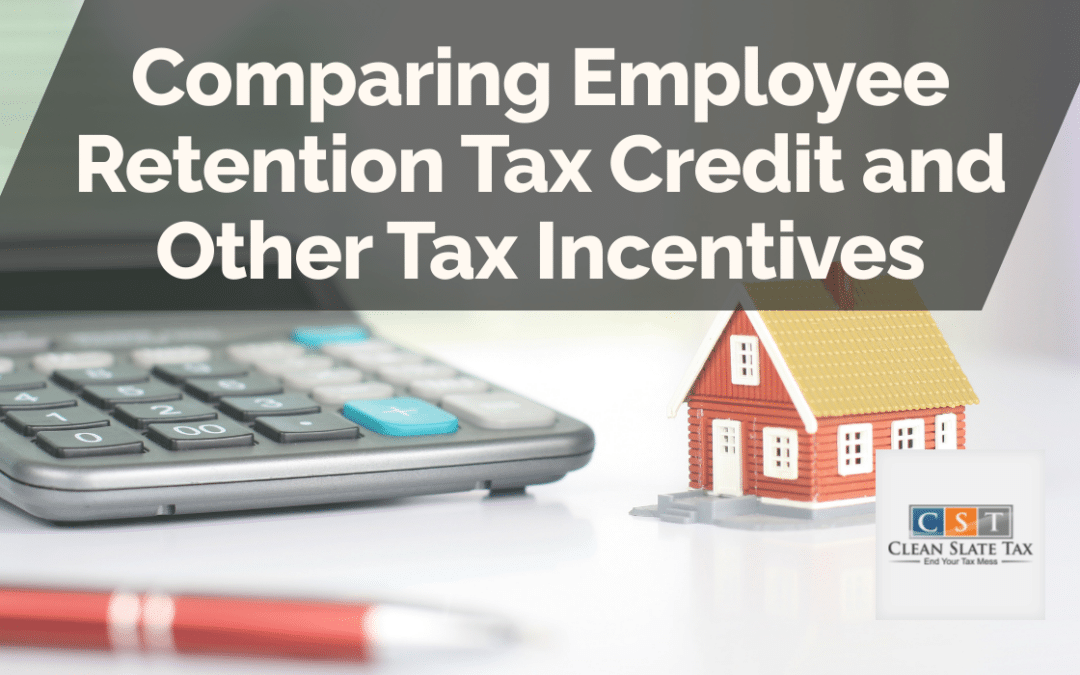When considering ways to reduce company costs, business owners often overlook the potential for reductions afforded by tax incentives. Two prominent options are the Employee Retention Tax Credit (ERTC) and other tax incentives corresponding to business expenses or acts of goodwill. Understanding these concepts and their differences is essential for any business aiming to maximize their fiscal efficiency. This article provides an in-depth comparison between the ERTC and other tax incentives.
What is the Employee Retention Tax Credit (ERTC)?
The ERTC, initially part of the CARES act, was designed to encourage businesses to keep employees on their payroll during periods of financial difficulty caused by the COVID-19 pandemic. Eligible businesses can claim a portion of wages and some health plan costs paid to employees as a credit against certain business taxes. The aim is to promote staff retention despite economic challenges.
What are Other Tax Incentives?
There are many other types of tax incentives available to businesses. These might include deductions for business expenses, or credits for initiatives that support social, economic, or environmental goals. Examples could be developing affordable housing, improving energy efficiency, or offering employee training programs. These incentives also offer financial benefits for businesses but differ in their operation and intent from the ERTC.
Comparing the ERTC and Other Tax Incentives
While both the ERTC and other tax incentives offer financial benefits, their primary difference lies in their purpose and eligibility requirements. The ERTC specifically targets businesses impacted by COVID-19 by offsetting the cost of retaining employees. Other incentives, meanwhile, often promote specific business behaviors or aim to offset the cost of particular business expenses.
The ERTC
- Specific to COVID-19 economic impact.
- Offsets costs of employee retention.
- Calculated as a percentage of qualifying wages and health plan expenses.
Other Tax Incentives
- Wide range of eligible activities and investments.
- Typically involves deductions, credits, or exemptions on certain business expenses.
- Can promote socially beneficial business actions.
Frequently Asked Questions
What types of businesses qualify for the ERTC?
Businesses of any size that have experienced a significant decline in gross receipts or have been partially or fully suspended due to government orders relating to COVID-19 may qualify for the ERTC.
Are there limitations on the use of other tax incentives?
Yes, limits often apply based on factors like the type of expense, the amount spent, or a company’s income level. It’s essential to consult with a tax professional to understand these limits.
It’s clear that both the ERTC and various other tax incentives offer opportunities to reduce a company’s tax burden. However, their different scopes and purposes mean that companies should thoroughly assess their eligibility and potential benefits under each before making a decision. Always consult with a tax professional to ensure you maximize these opportunities.





